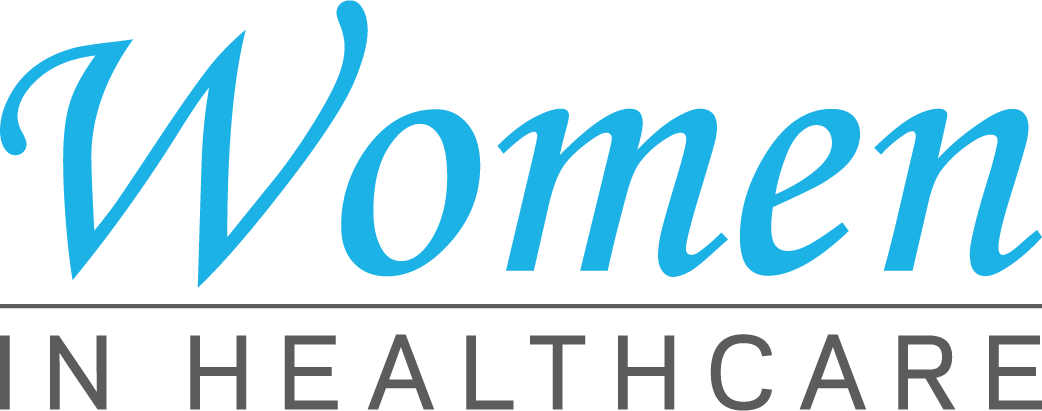The Relevance of Healthcare RCM in Enhancing Cash Flow and Efficiency
The Relevance of Healthcare RCM in Enhancing Cash Flow and Efficiency
Blog Article
Introducing the Conveniences of Health Care RCM in Improving Efficiency and Accuracy in Profits Cycle Administration
In the rapidly evolving healthcare landscape, the relevance of Revenue Cycle Monitoring (RCM) can not be overstated (Healthcare RCM). As doctor make every effort for precision and performance, RCM emerges as an essential device in streamlining procedures, decreasing mistakes, and boosting monetary end results. By integrating with Electronic Health Records and leveraging sophisticated technologies, RCM not just maximizes management jobs but likewise enhances the cases refining experience. This makeover holds the possible to redefine financial performance and client count on. Yet, what are the specific systems driving these enhancements, and how can they be taken advantage of to their complete capacity?
Enhancing Administrative Tasks

Additionally, the integration of electronic health and wellness documents (EHR) with RCM systems promotes real-time information gain access to and sharing, allowing health care experts to make educated decisions quickly. This interconnectedness not only boosts communication in between administrative and clinical teams but also improves patient contentment by minimizing waiting times and payment inconsistencies - Healthcare RCM. In addition, streamlined management procedures enable for far better compliance with governing requirements, mitigating threats associated with audits and penalties
Inevitably, the focus on refining management jobs in RCM causes set you back savings and enhanced financial efficiency. By purchasing automation and enhancing process, healthcare organizations can achieve a more sustainable revenue cycle, guaranteeing long-term stability and the capacity to adapt to advancing market needs.
Enhancing Insurance Claims Handling
How can health care organizations boost the performance of their insurance claims processing? By taking advantage of automation and advanced analytics, RCM systems streamline the facility and often difficult cases refining jobs.
In addition, real-time analytics play a critical function in improving cases refining performance. These analytics tools offer insights right into bottlenecks and prospective denials, enabling medical care providers to resolve issues proactively. Anticipating analytics can forecast patterns in insurance claim rejections, making it possible for preemptive measures to reduce them, hence decreasing the moment taken for insurance claims to be processed and authorized.
Furthermore, the fostering of digital health documents (EHR) integrated with RCM systems ensures seamless data flow, reducing redundancies and enhancing the precision of information sent in claims. A constant comments loop facilitated by RCM systems further fine-tunes the process, promoting constant improvement.
Eventually, by leveraging technology-driven services in cases processing, medical care organizations can enhance functional performance, enhance cash circulation, and give a smoother experience for individuals and team alike.
Lowering Financial Mistakes
Precise monetary management is essential in health care, where reducing economic mistakes can considerably influence functional success. Monetary errors, whether as a result of incorrect payment, coding errors, or mismanagement of individual accounts, can bring about significant earnings Go Here loss and stretched partnerships with clients and payers. Dealing with these errors is vital to maintain a medical care company's economic wellness and boost its online reputation.
Healthcare Profits Cycle Administration (RCM) plays a critical role in lessening such mistakes via structured processes. By carrying out standardized treatments for billing, coding, and collections, doctor can ensure that economic purchases are handled with accuracy. Comprehensive training for staff on current coding laws and payment methods also decreases the chance of mistakes, guaranteeing claims are correctly processed and reimbursed.

In addition, complete audits and regular monetary evaluations within the RCM framework permit the very early discovery and modification of discrepancies. Making certain accuracy in patient data entry and confirmation additionally alleviates mistakes, as this is usually a primary source of errors. By concentrating on these critical areas, medical care companies can lower financial errors, thus guarding their profits streams and boosting overall operational effectiveness.
Leveraging Advanced Technologies
In today's quickly progressing health care landscape, leveraging advanced modern technologies is vital for enhancing Profits Cycle Monitoring (RCM) processes. By integrating innovative services such as man-made intelligence (AI), artificial intelligence (ML), and robot process automation (RPA), healthcare providers can significantly enhance the effectiveness and precision of their RCM operations. These technologies aid in simplifying repeated tasks, reducing hands-on mistakes, and making it possible for much faster handling of cases.

Moreover, the assimilation of blockchain technology improves data security and transparency within RCM (Healthcare RCM). It makes sure that delicate details is protected while preserving an immutable document of deals. This is crucial for constructing count on with stakeholders and patients
Boosting Financial Performance
Building on the performances anonymous acquired through innovative modern technologies, health click for source care companies can substantially enhance their financial efficiency by refining their Revenue Cycle Monitoring (RCM) techniques. By maximizing invoicing procedures, minimizing case denials, and boosting money flow, healthcare organizations can achieve far better financial security.
Additionally, data analytics within RCM systems provide important insights into functional bottlenecks and financial patterns. By leveraging these insights, doctor can make enlightened choices to improve monetary outcomes, such as changing invoicing techniques or renegotiating payer contracts. Enhanced accuracy in coding and documents further lowers case rejections and audits, fostering a smooth income cycle.
Furthermore, person involvement tools integrated within RCM platforms enhance client fulfillment by supplying clear invoicing info and versatile settlement alternatives. This transparency not only improves patient-provider connections however also urges prompt repayments, lowering impressive accounts receivables.
Verdict
Health Care Revenue Cycle Monitoring substantially optimizes performance and accuracy by enhancing administrative tasks and boosting claims handling. Through the decrease of monetary errors and the combination of innovative innovations such as AI and predictive analytics, RCM promotes conformity with payment codes and offers important insights right into financial trends. This organized strategy not only lessens possible claim rejections however likewise boosts monetary performance, therefore promoting trust and transparency with clients and stakeholders within the medical care system.
As medical care providers aim for accuracy and performance, RCM emerges as a pivotal tool in streamlining procedures, lessening mistakes, and enhancing financial outcomes.Improving administrative tasks in healthcare earnings cycle monitoring (RCM) provides substantial benefits by enhancing operational effectiveness and reducing the burden on team.Healthcare Earnings Cycle Administration (RCM) plays a critical role in lessening such errors via structured procedures.In today's swiftly evolving healthcare landscape, leveraging advanced innovations is vital for optimizing Earnings Cycle Administration (RCM) processes.Structure on the performances gained via sophisticated modern technologies, medical care service providers can substantially enhance their financial performance by improving their Revenue Cycle Administration (RCM) methods.
Report this page